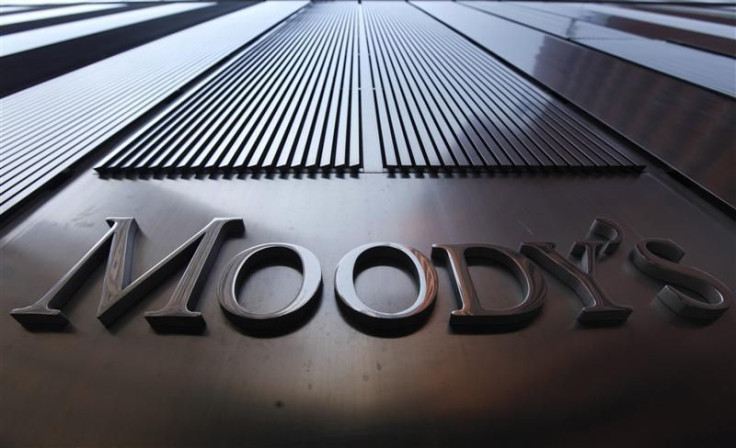German Nonprofit Proposes Alternative Rating Agency Model That, Not Surprisingly, Rates Germany AAA

A nonprofit sovereign rating system created with the sponsorship of a German research foundation was presented in Berlin Tuesday as an alternative to the current international credit rating agency system, a day after Moody’s Investors Service made waves by downgrading the credit rating of the French government.
Named INCRA, or International Non-Profit Credit Rating Agency, the pilot project was created by Germany’s Bertelsmann Foundation, with the premise that current systems used to calculate a country’s creditworthiness do not take into account long-term factors such as a country’s demonstrated ability to handle crisis, and its investments in education and development.
"We have in our concept looked at the traditional macroeconomic data but also included forward-looking indicators in our analysis," Annette Heuser, who heads the project, told German broadcaster Deutsche Welle.
Upon the unveling of the project Tuesday, INCRA assigned ratings, using a numerical scale, to five countries: Germany, France, Italy, Japan and Brazil. The organization also provided translations between its numerical scale and scales used by the major credit rating agencies. According to those calculations, INCRA’s system assigned Germany a AAA rating and France an AA+ rating, the same rating assigned to those countries by Standard & Poor’s. Italy received the equivalent of an AA rating, higher than the qualification assigned by private rating agencies. Both Japan and Brazil received an A rating, which is lower than the private view in Japan’s case, but higher for Brazil.
Johannes Mueller, chief economist at fund manager DWS, told Reuters his company would “essentially welcome INCRA's entry into the market because the oligopoly of the ratings agencies is one of the market's structural defects."
Rating agencies have received much criticism since the advent of the global financial crisis for their role in that debacle, mostly for high marks granted to “toxic” mortgage-backed securities that the raters understood poorly.
Bertelsmann said its aim in launching the project was "to change the perception of sovereign ratings" where downgrades are commonly framed as "a national insult.”
“Sovereign ratings should be seen as a solid blueprint for analyzing the challenges facing individual governments,” the institute explained in a release.
But underneath that explanation, it seemed part of the motivation was to assuage fears -- and provide an intellectual bulwark -- against a possible future downgrade of German debt. German government obligations are considered amongst the safest in the world, as the nation has Europe’s most solid economy and record low unemployment. But Germany is facing blowback from the euro zone financial crisis many fear will end up bringing the export-dependent economy to its knees.
Gunter Thielen, former chairman of the Bertelsmann foundation, told Deutsche Welle “ratings make a difference to all of us.”
But then falling back to using Germany as an example, he said “Germany's rating has not only consequences for the government but for all of us taxpayers."
It is not known how far the INCRA project will progress. The initial backers said it would take $400 million to get an agency that could compete with the private players like S&P, Moody's and Fitch up and running, according to Deutsche Welle.
© Copyright IBTimes 2024. All rights reserved.











